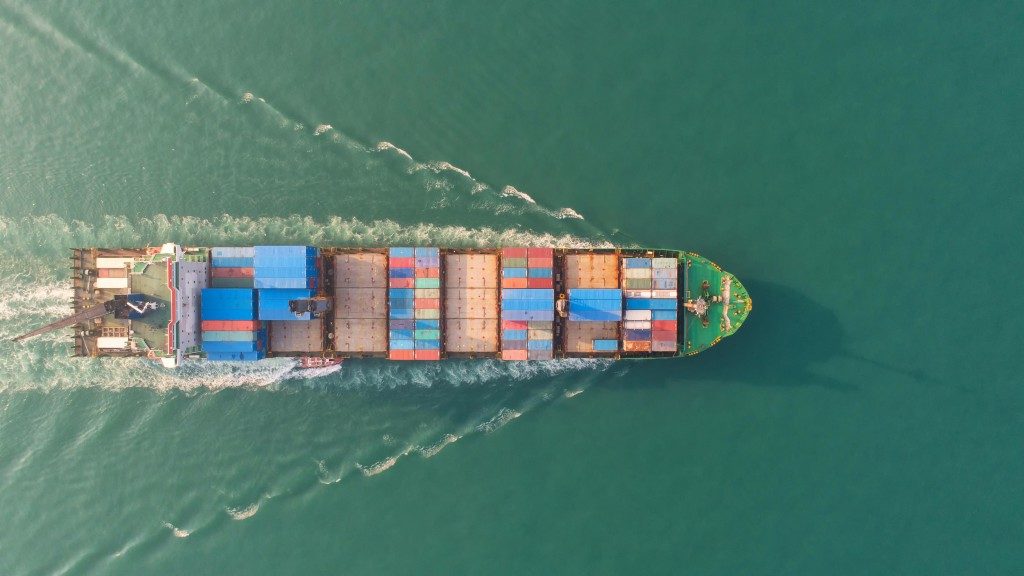Ocean freight makes a huge contribution to global trade. According to the 2018 Review of Maritime Transport by the United Nations Conference on Trade and Development, around 80 per cent of the volume of international trade in goods is carried by sea, inside container vessels.
Companies prefer sending their products by sea because it is cheaper than sending them by air. Ocean freight offers more storage capacity, while air freight imposes weight and item restrictions.
However, delays at the port could incur additional costs for the charterers. One of these costs is demurrage, which is charged when containers stay at the port longer than required.
Though demurrage costs depend from port to port, they have continued to increase in recent years, partially due to weather and labour-related congestion issues. The Federal Maritime Commission of the United States reported a 30 per cent increase of demurrage and detention fees in 2017, on top of increased costs since 2013.
In most cases, demurrage costs are out of your control. However, there are ways to minimise these high charges. These are:
Advanced Planning
Planning ahead is helpful in minimising costs for your cargo. To do so, a factor you need to consider is the schedule of shipments by the carrier. Check with your carrier the expected time of arrival for shipments to decide when you will send your containers. Anticipate that there might be delays at the port, so if the carrier expects the shipment to arrive in seven days, schedule the delivery of your cargo, say, three days before the ETA.
Sound Fallback Options
Unforeseen circumstances like storms, accidents, and disputes will derail even the most advanced plans. These situations delay your cargo and incur you with additional costs.
Before sending your items for shipping, find a sound demurrage insurance plan. Investing in demurrage insurance will help minimise costs you might incur. If these circumstances do happen, the insurance package will help you recover any claims from losses and disputes because of the delays at the port.
Effective Negotiations

Though ports have published rates, they could be flexible with prices when the circumstances allow. Discussing with the port through your carrier could help you extend your cargo’s storage time so you won’t have to pay demurrage. In many cases, though, negotiations work if your containers are in a large ship that sends more than 800 to 1,000 containers per year.
Constant Monitoring
Strictly follow the status of your shipment to know the next plan of action. Other carriers also offer a convenient way of tracking your shipment through their websites. If you see anything wrong – like when the ship carrying your container being at sea for too long – contact your logistics provider right away.
Demurrage may be an unavoidable cost, but this does not mean you have to pay a high amount. By planning ahead, investing in a reliable insurance package, effectively negotiating, and constantly monitoring your shipment, you can avoid high costs that come with unforeseen delays at the port.

